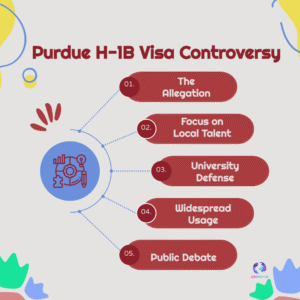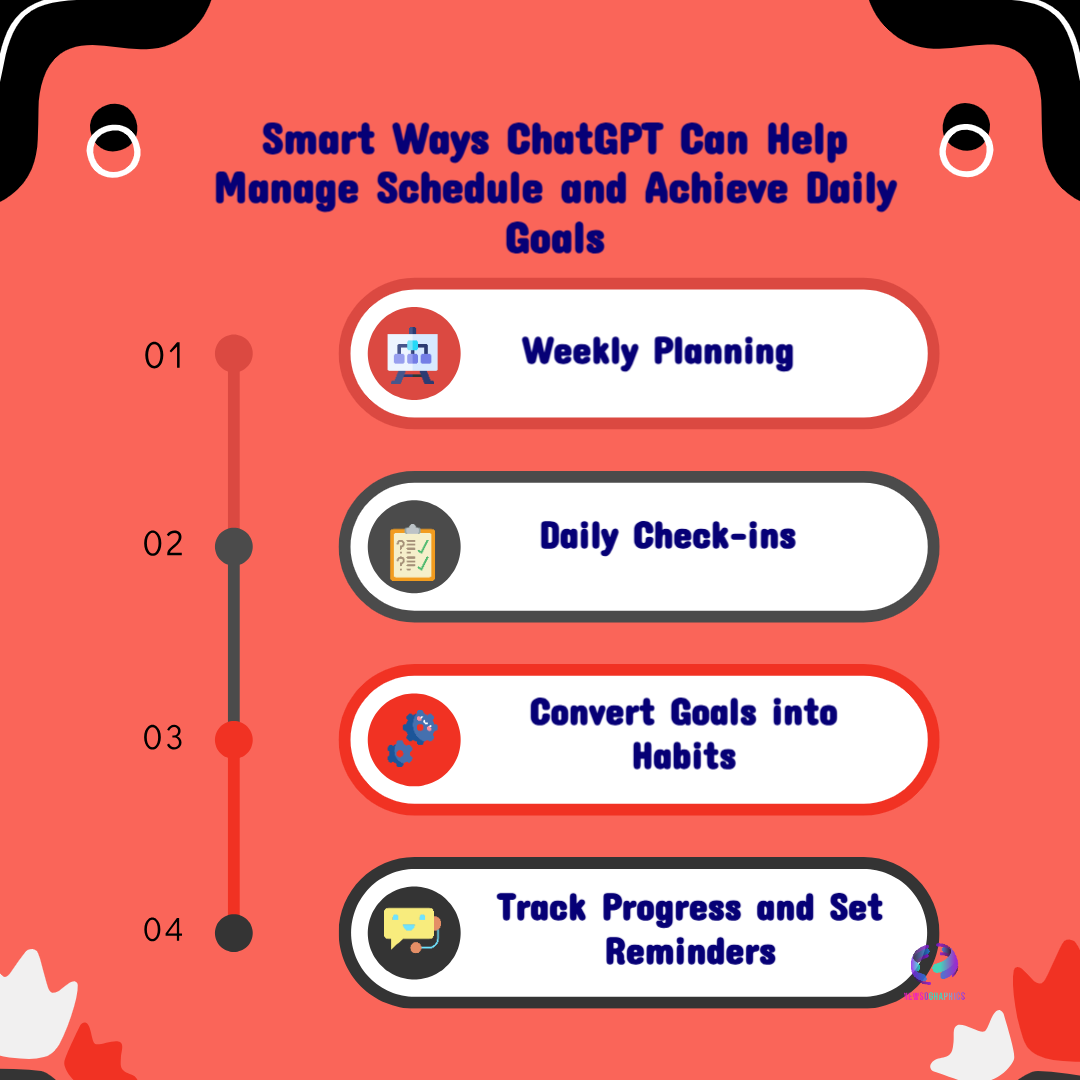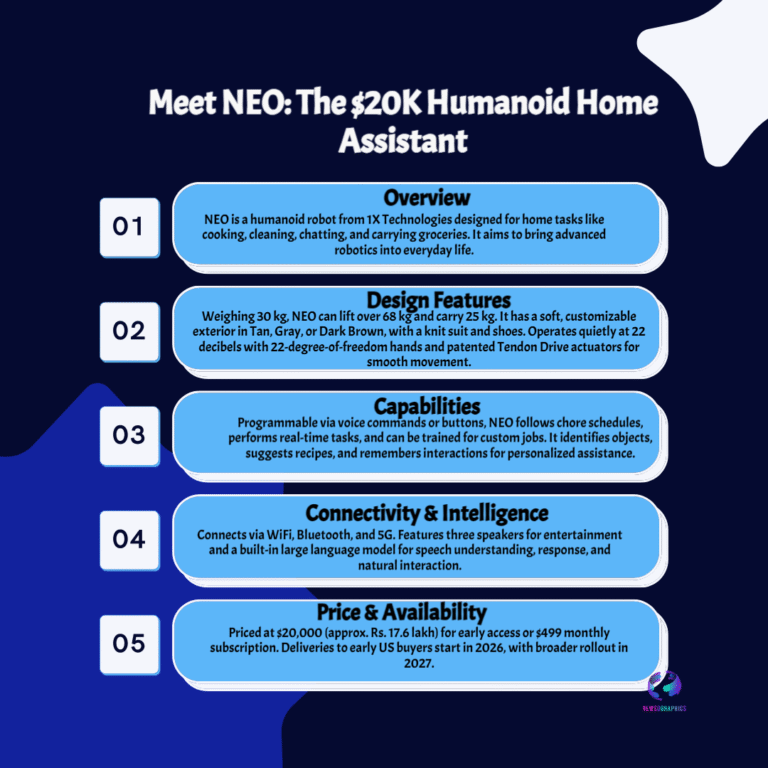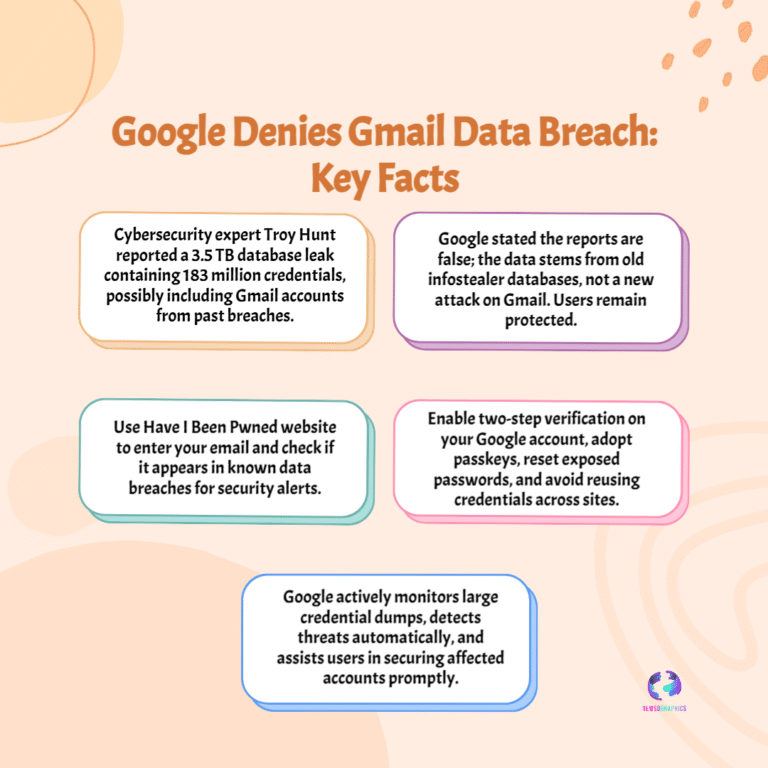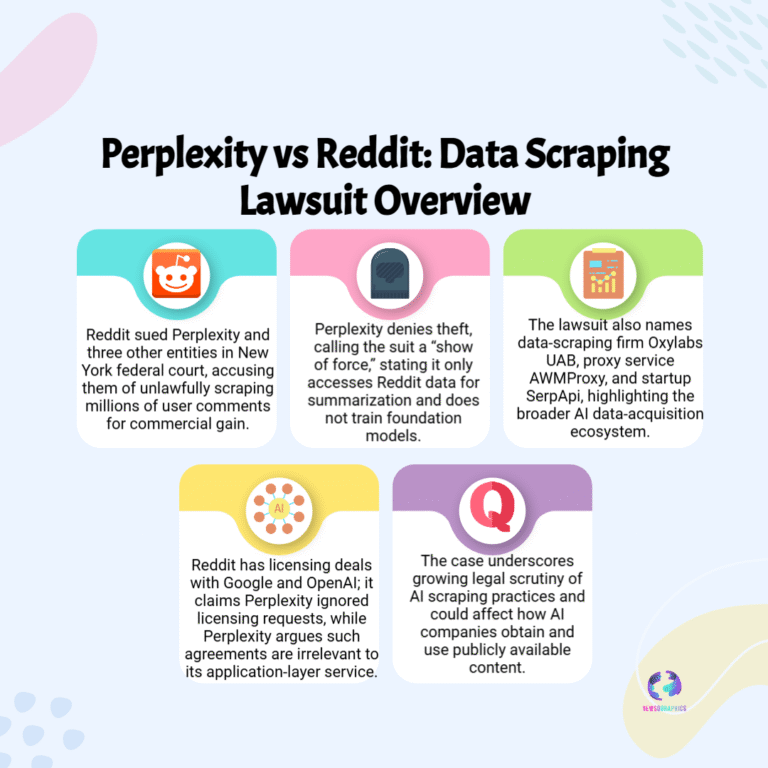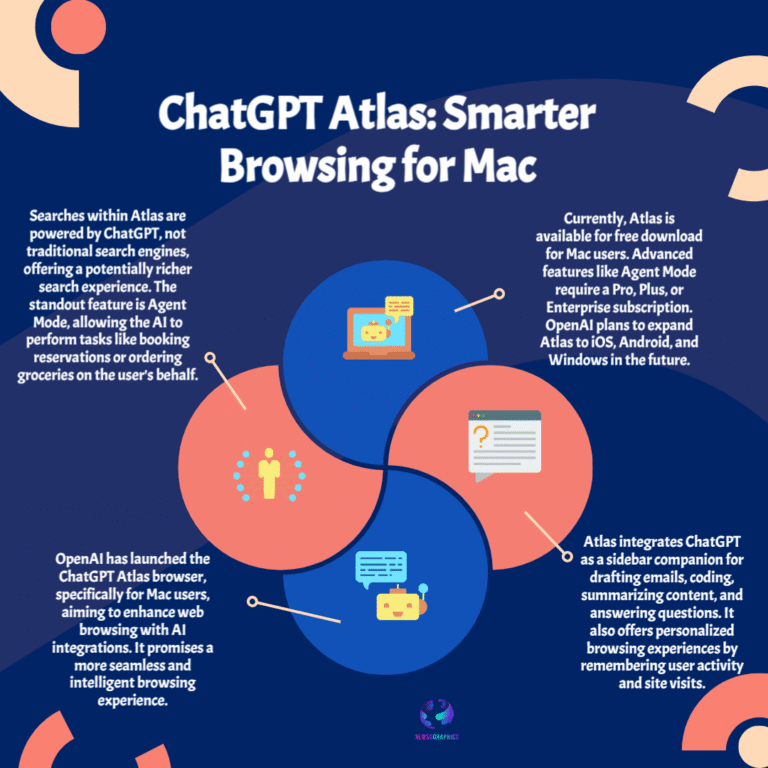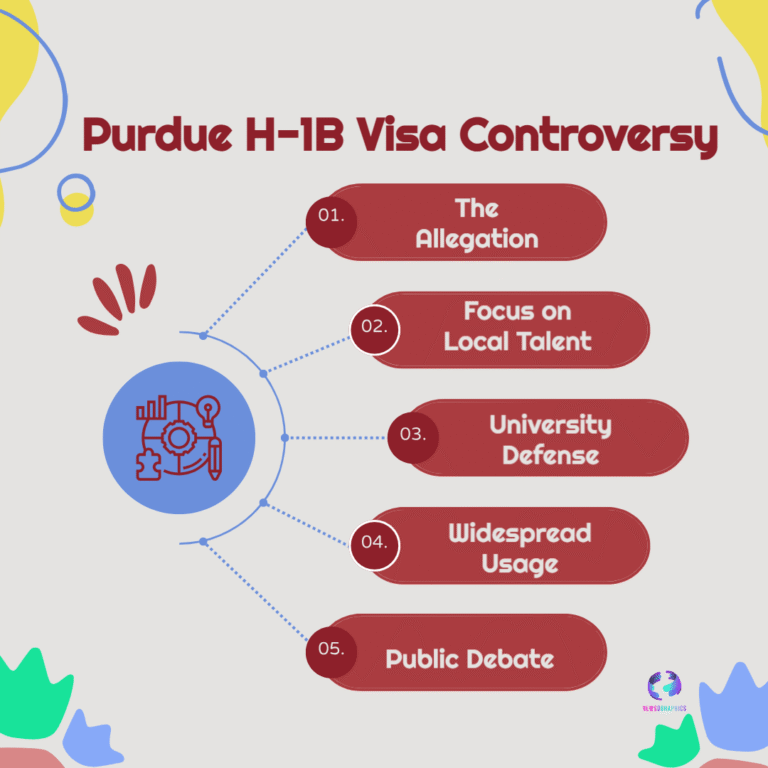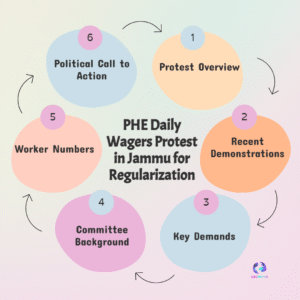Use ChatGPT as a daily planner: time-blocking prompts, habit tracking templates, meeting summaries and automated reminders to boost productivity and reach goals.
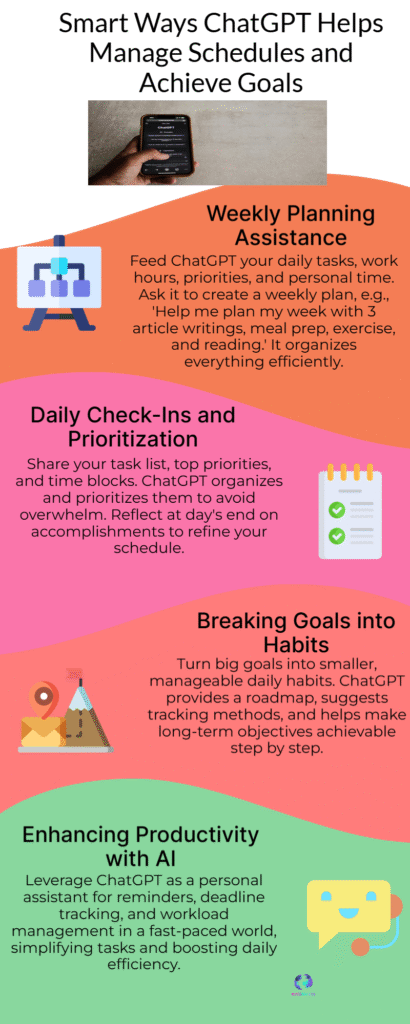
ChatGPT as Your Personal Daily Planner for Smarter Scheduling
ChatGPT is shifting from novelty to utility for everyday productivity, with users increasingly relying on the tool as a practical schedule planner and goal coach. Beyond quick answers, ChatGPT can generate time-blocking plans, daily to-do lists, SMART-goal templates and habit trackers that match work rhythms and personal priorities. Using targeted prompts such as “create a time-blocked schedule for a 9–5 remote worker” or “build a weekly workout and study plan with Pomodoro slots,” people can convert vague intentions into actionable routines.
One clear use case is calendar prep: feed ChatGPT your calendar events and constraints and ask for an optimized day plan that groups meetings, reserves deep-work blocks and schedules short recovery breaks. For students and professionals alike, the prompt “convert my meetings into a focused work plan and suggest two time slots for creative work” helps protect uninterrupted focus. The model also drafts concise meeting agendas and produces follow-up email templates, saving time on admin tasks.
For habit formation and tracking, ChatGPT can produce daily checklists, habit-streak charts and micro-goals tailored to individual capacity. Prompts like “design a 30-day habit plan to read 20 pages daily and run thrice weekly” yield progressive steps and accountability cues. Integrations with calendar apps and workflow tools (via Zapier or APIs) enable automated reminders and recurring task creation, turning ChatGPT outputs into persistent, actionable items.
Productivity frameworks are easy to apply through the assistant: ask for an Eisenhower matrix of your tasks, a priority list using the MIT (most important task) method, or a SMART-goals breakdown for a three-month project. The model can also generate prompt templates — for example, “daily reflection prompt for improving focus” — that users reuse each morning or evening.

